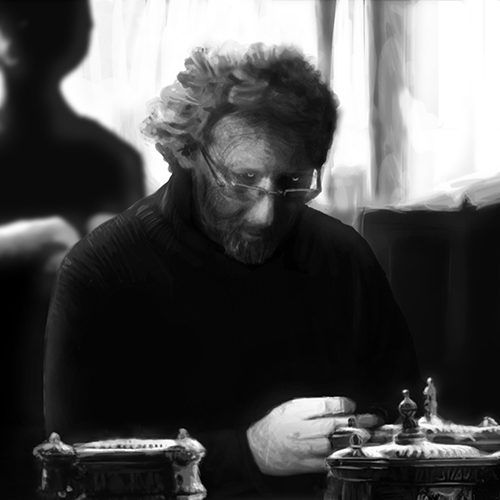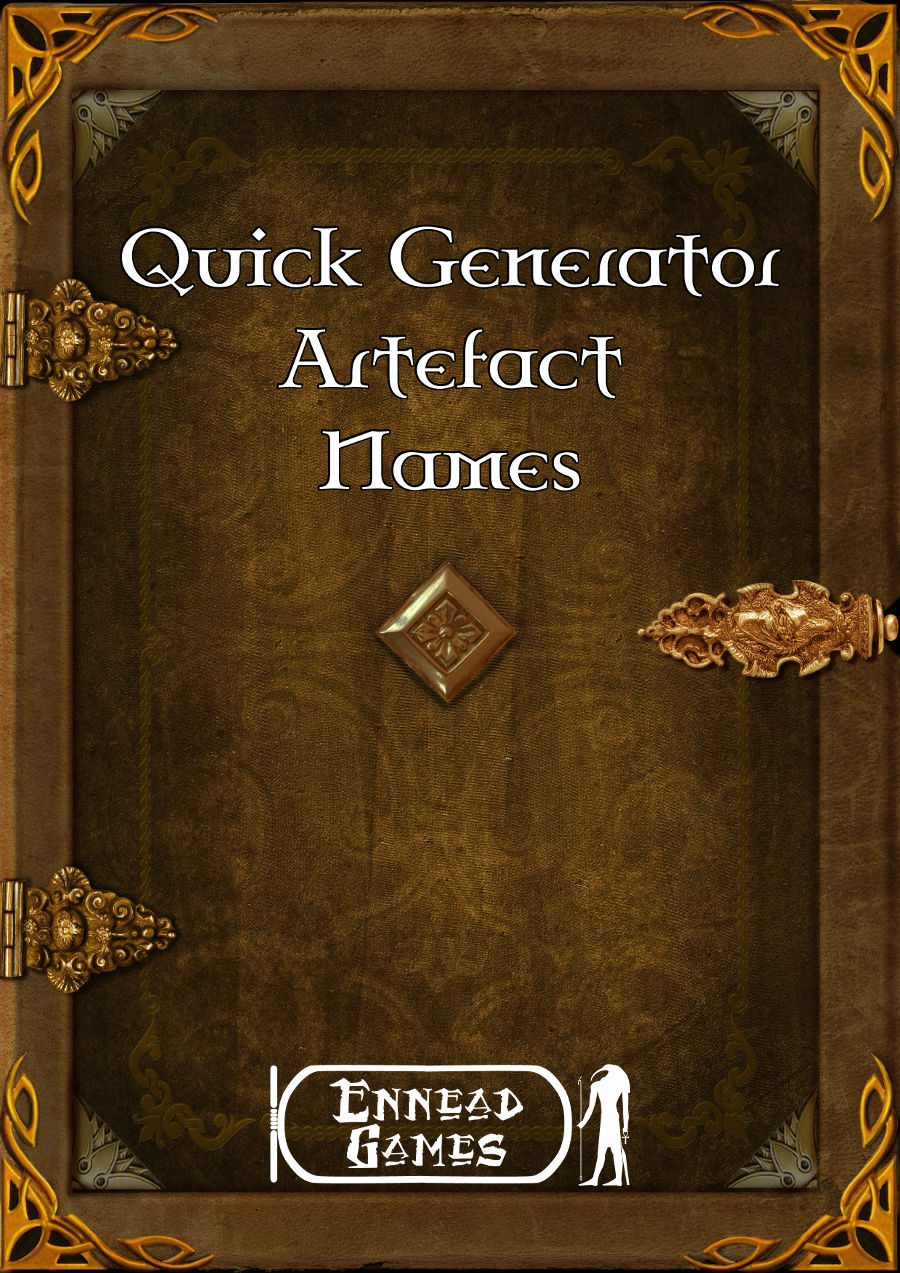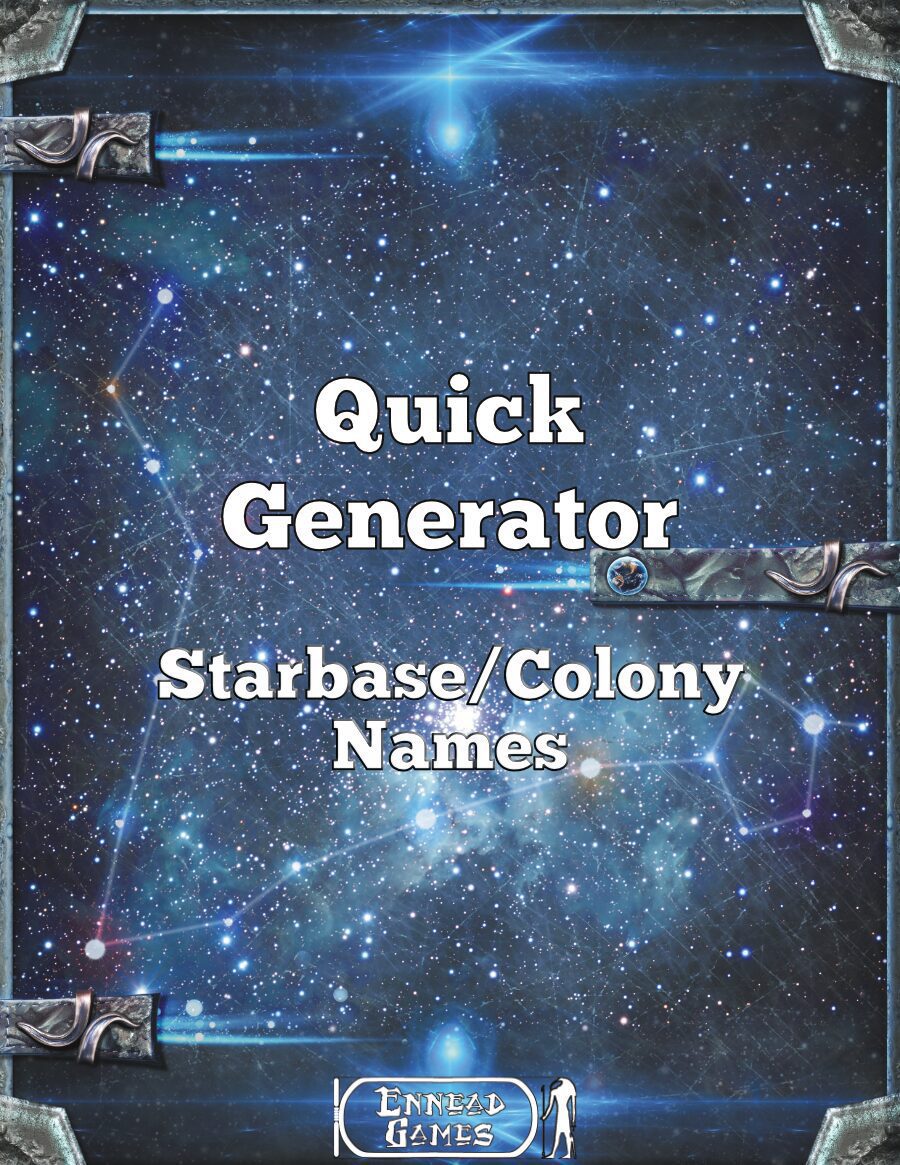
Campaign Interludes
Phil Nicholls blogs at Tales of a GM, where he writes about narrative gaming, faster prep and more story. He is currently running a HeroQuest Glorantha campaign in a home-brew setting. Phil has written for Johnn Four’s Roleplaying Tips newsletter and has a selection of self-published pdfs.
This essay is taken from the archives at Tales of a GM. http://talesofagm.com/
An Interlude is one or more sessions where the style and focus of the game differ from the standard course of the campaign. Traditional storytelling methods use flashbacks, prologues, foreshadowing or other non-linear techniques to add depth to the story. An Interlude utilises these techniques within an RPG.
In roleplay terms, an Interlude is therefore a one-shot, or a short series of sessions, where the focus has moved away from the standard format of the campaign. Thus, character backstory, the circumstances surrounding a pivotal “off-screen” event or the exploration of a future timeline can all be handled as Interludes.
To add a different feel to an Interlude, I recommend using an alternative set of rules. By avoiding the default rules for the campaign, the Interlude automatically feels different. This reproduces the contrast of a black-and-white flashback in a colour film.
Interludes typically explore the following stories:
- Flashbacks
- Background Events
- Collaborative Creation
- Flashbacks
This story focuses on a pivotal event in the past of one of the Player Heroes in the campaign. The other Players take on the supporting roles, and together the group explores the event. Dramatic, character-forming moments or previous meetings with a campaign villain all make suitable Flashback Interludes.
While you may have an idea for the end result of the Flashback, perhaps as defined in the central Hero’s background, the exact details will be generated by the Interlude. The resulting story will be more detailed than the original description. As with any story that encounters the Players, unexpected twists and turns will be added to the tale.
Furthermore, careful use of Flashback Interludes provides focused “spotlight time” to the chosen Hero. This method gives GMs another subtle tool to manage Player expectations and group dynamics. DramaSystem by Robin D. Laws is perfect for this style of Interlude.
Background Events
Alternatively, an Interlude can switch focus entirely away from the usual band of Heroes, and look instead at a major campaign event. So, if the Heroes return home to find the King assassinated, then an Interlude explores how the assassination took place.
Thus, for example, the Players take the roles of the Royal Guard, and square off against multiple waves of assassins. Perhaps the Players take on the role of the assassins and plan out how to infiltrate the Palace. Take a wider view, have the Players play dissatisfied nobles and watch them plot a revolution.
Howsoever you frame the pivotal event, you empower the Players to take an active role in shaping the course of your world.
Collaborative Creation
An exercise in group creation has the widest scope for an Interlude. The group as a whole explores and details a broad period of history. Once again, this empowers the Players in your world, and taps into their creative talents.
This type of Interlude requires appropriate rules. Microscope is a good choice, but any loose, storytelling system will suffice.
The Benefits of an Interlude
I see several benefits in my game from regular Interludes. The overall impression is how they enhance and invigorate the main campaign. We all change gaming gear, try something new and generally return to the main story refreshed by our experience. Trying new rules always gives an opportunity to look at the main game afresh. There are often tweaks and fresh rules widgets carried over from the Interlude to the main campaign rules.
Beyond this, however, I see how my Players are challenged and engaged in fresh ways. If your Players do not normally read your Campaign Wiki, then they will still know a lot about the assassination of the King if they played in a session where they were the assassins. Whole swathes of background information are picked up by the Players during an Interlude, and they are likely to remember it longer as they really were there. Show is always better than tell, and an Interlude can show the Players almost anything first-hand.
Do not worry that the Players now know too much. Can there ever be too much Player knowledge about a campaign setting? Of course, you may want to impose a short period of time between the events of the Interlude, and when the Player Heroes arrive. This will prevent them abusing their out-of character knowledge.
Add in a new character, or plot twist, to keep the Players on their toes. Just a little bit of uncertainty is enough to limit their reliance upon what was learnt in the Interlude. This is not to invalidate what the Players know, but just to add a degree of uncertainty into the game.
There are benefits for the GM too, not least the chance to tap into your Player’s creativity. By having collaborative creation, you move away from those favourite ideas to which we so often return. Let the Players take the creative strain, and you will have something greater than a solo creation.
Conclusion
I have run several Interludes for my HeroQuest campaign, using DramaSystem many times, D&D Next for a three session scenario, Fate Accelerated Edition, My Life with Master, Becoming, Puppetland, Fiasco and Savage Worlds. Each one gave us something new to take back to the main game. I have always found my enthusiasm for HQ increases each time we return to it.
A DramaSystem-focused version of this idea appeared in Blood on the Snow from Pelgrane Press.
Have you tried interludes in your campaign? What game systems would you choose to run? Share your thoughts in the comments.
Happy Gaming
Phil
For more essays from Phil, and updates about his latest campaign, visit Tales of a GM.




One thought on “Campaign Interludes [Guest]”
Comments are closed.